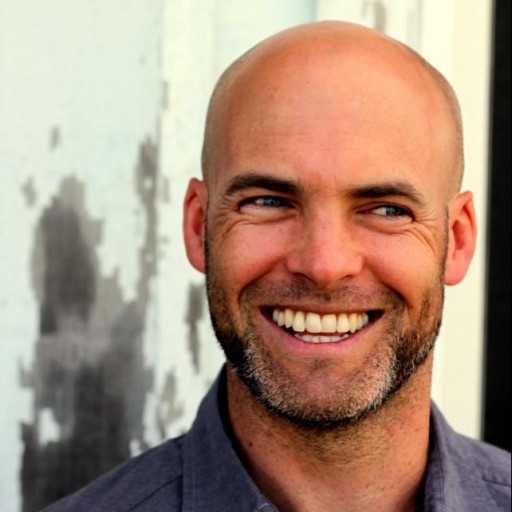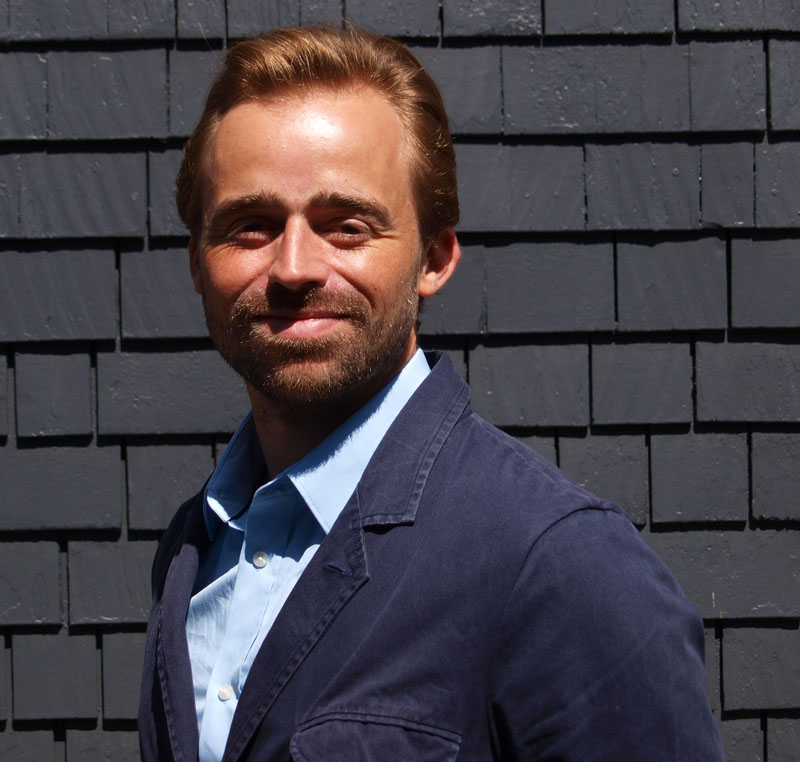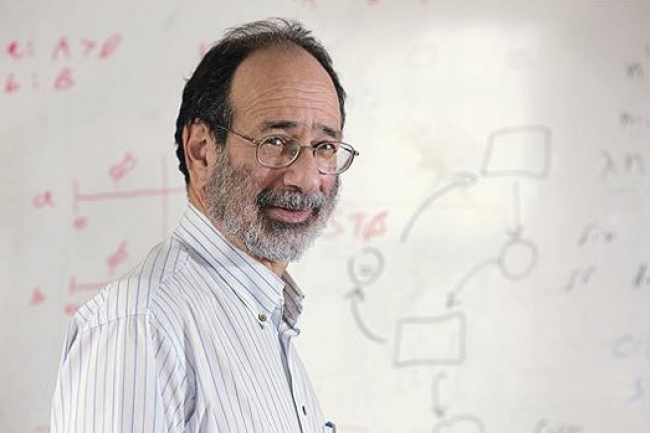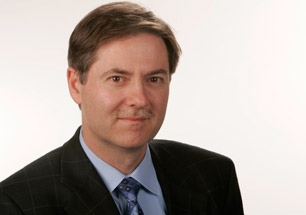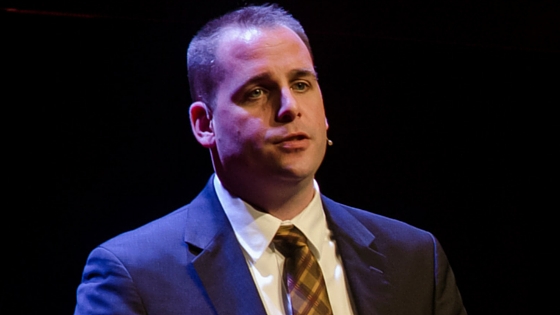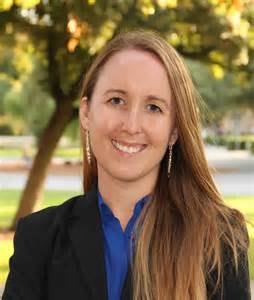062: Stephen Terry on Real Business Cycles, Total Factor Productivity, Short-Termism and Doi ng a PhD
ng a PhD
Stephen Terry is Assistant Professor of Economics at Boston University.
In 2013 he was a Dissertation Intern, Federal Reserve Bank of Richmond and, from 2007 to 2009, Stephen was a Research Associate at the Federal Reserve Bank of Kansas City.
Stephen received a PhD in Economics from Stanford University in 2015 as well as an MA in Economics in 2011.
Stephen also has an MA in Mathematics from the University of Oklahoma and a BA in Economics from University of Texas at Arlington.
Stephens research interests include short-termism, uncertainty and real business cycles.
One of the most important summary statistics in macroeconomics is a measure known as TFP or total factor productivity of the economy as a whole – Stephen Terry
Economics:
In this interview, Stephen mentions: labor markets, double coincidence of wants, selection markets, matching markets, algebraic topology, total factor productivity, real business cycles, economic shocks, volatility, variance, risk, uncertainty, aggregate output, employment, investment, allocation of inputs, uncertainty, earnings, profits, short-termism and the Principle-Agent Problem.
Economists:
In this interview, Stephen mentions: Christine Exley, Nick Bloom, John Van Reenen and John Maynard Keynes.
In this episode you will learn:
- about Stephen’s experience with the two-body or joint location problem.
- about Stephen’s PhD process and the experience he developed along the way.
- of some suggestions if you’re considering undertaking a PhD.
- the differences and similarities in the mathematics of economics and the mathematics of other disciplines such as physics and chemistry.
- if there is a divergence or a convergence in the branches of macroeconomics and microeconomics.
- what really happens during recessions.
- how firms can learn and react to the data provided at a micro level.
- what Total Factor Productivity is.
- about Real Business Cycle theory.
- whether changes in uncertainty causes or amplifies recessions.
- whether managers should forego the long-term objectives of the firm due to the pressures of short-termism.
- whether rating agencies are beneficial to investors or if they potentially hinder the growth prospects of the firm due to short-term pressures and expectations.
Preparation for Life as a Research Economists into 2 Stages:
1) Useful things that you can be doing before graduate school.
You have to study Math. Economics at graduate level is increasingly dominated by the technical and quantitative research methods.
Having some practical experience in the application of mathematics in economics is not not only valuable for later on in your career but is now becoming a pre-condition to gaining access to research-intensive PhD programmes.
If your undergrad or Masters degree lacks math rigour, then you should consider building on your current level of math by undertaking a math PhD programme.
3) The ways in which you can maximise the benefits you get in your PhD training.
You should consider becoming a Research Assistant prior to starting your PhD so that you gain the practical experience.
This will put you in a situation in which you can be mentored and instructed by other economists who are undertaking economics and statistical research projects.
Being exposed to this will offer you an insight into the research process as well as ‘train’ you to become quite efficient and structured in terms of time management and application.
On the Use of Math in Economics:
At its core, math and applied mathematical techniques, but also pure mathematical proof-based reasoning, are ways to go from some set of assumptions to a coherent set of conclusions that you know follow logically without inconsistency from those assumptions.
By harnessing that logical consistency, economics is something, in the last few decades, that has been able to harness a great deal of precision in the statements that it’s able to make. But still at its core, where the debate centres, you have to understand that the assumptions that we make are primarily assumptions about people. Economic actors sometimes go their own way and don’t always follow perfectly the rules or logical coherent types of assumptions that we start with as an economist.
There’s a great deal of power and precision that is gained by math but this underlying realisation that we’re dealing with individuals rather than physical particles that you would use in physics is something that an economist has to keep in mind when they do think about the real world.
Papers:
- Terry, S. (2015). The Macro Impact of Short-Termism. Working Paper.
- Bloom, N., Floetotto, M., Jaimovich, N., Saporta-Eksten, I., and Terry, S. (2014). Really Uncertain Business Cycles. Working Paper.
Sources:
Podcast: Play in new window | Download





